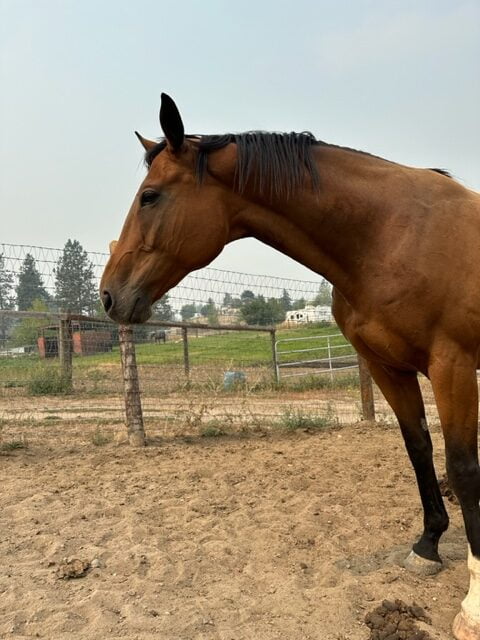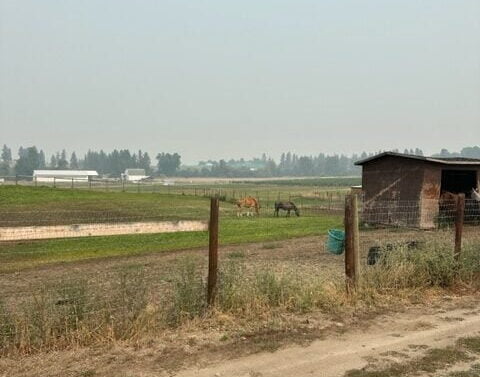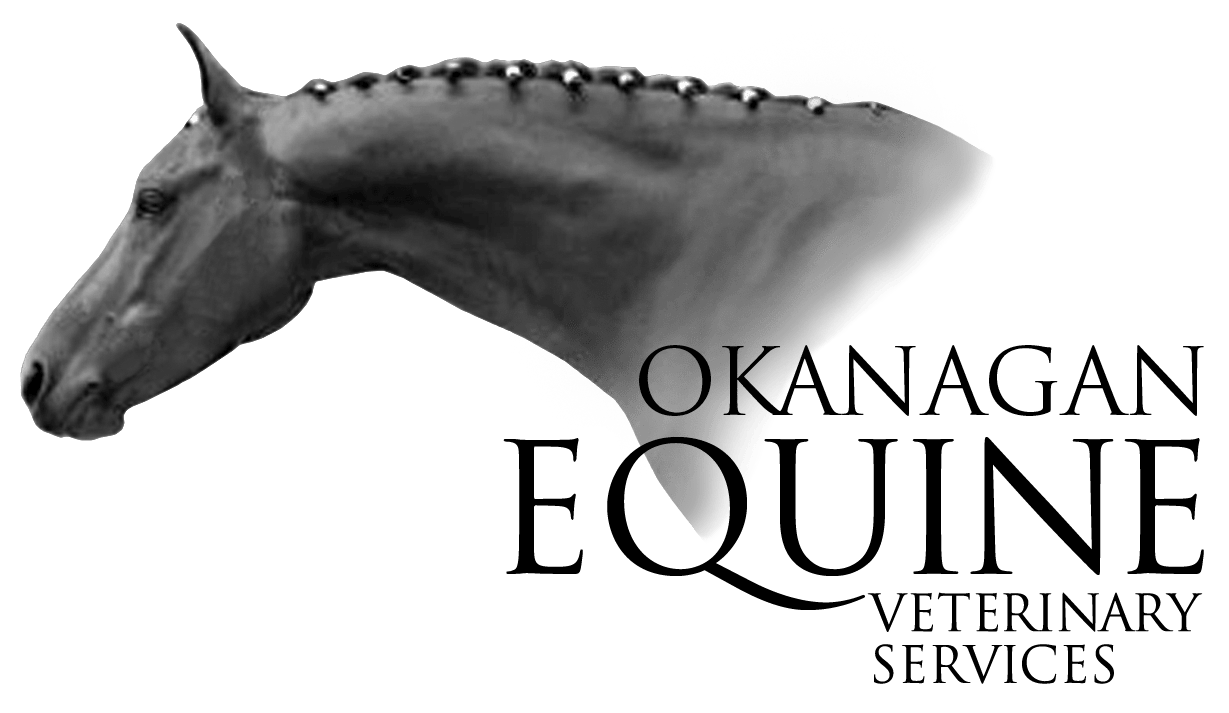There is no question that the current severe smoke pollution is affecting our horses’ lungs.
Unfortunately the effects of this smoke has not been studied very well so evidence based prevention and treatment is also lacking in the veterinary community.
In this time of smoke some basics apply:
- Keep the horses as quiet as possible to minimize their rates of breathing and therefore the amounts of pollutants they are inhaling.
- Keep their water sources close to their feed and make sure the supply is clean to promote drinking. Horses drink the majority of water within two hours of eating. Good hydration allows the bronchi in the lungs to stay moist and helps with the job of moving particles out of the lungs.
- As particles are moved out of the lungs some coughing will occur, this is natural. What is not natural is prolonged coughing with nasal discharge. If this occurs the horse may be developing equine asthma and needs to be examined by a veterinarian.
- If the immune system is compromised it is possible for pneumonia to develop; therefore, again, keep stress to a minimum and make sure the horse is getting a good vitamin source. If needed, supplement with vitamin C powder.


As the smoke clears it is important also to continue to monitor your horse for the next few weeks. The pollutants will take time to get cleared from the lungs. Also the pollutants may activate asthma even weeks out from when the smoke clears. The lungs will also still be susceptible to pneumonia. Horses may also feel “run down” for weeks after exposure to the smoke. Monitor closely their energy levels and if reduced listen to them and keep their work to a minimum.
Finally, over the counter cough medicines may or may not be helpful. Be very careful with dexamethasone powder which may decrease the immune system and allow pneumonia to occur. Nebulizers may open up airways and actually increase the absorption of particles in the lung tissue which is what we don’t want. We want the particles to move up the bronchi and to be coughed out.
It is also of note that during these times of horse evacuation, we need to transport these horses without hay in the trailer to minimize the risk of aspirating food into the trachea and also causing pneumonia.

